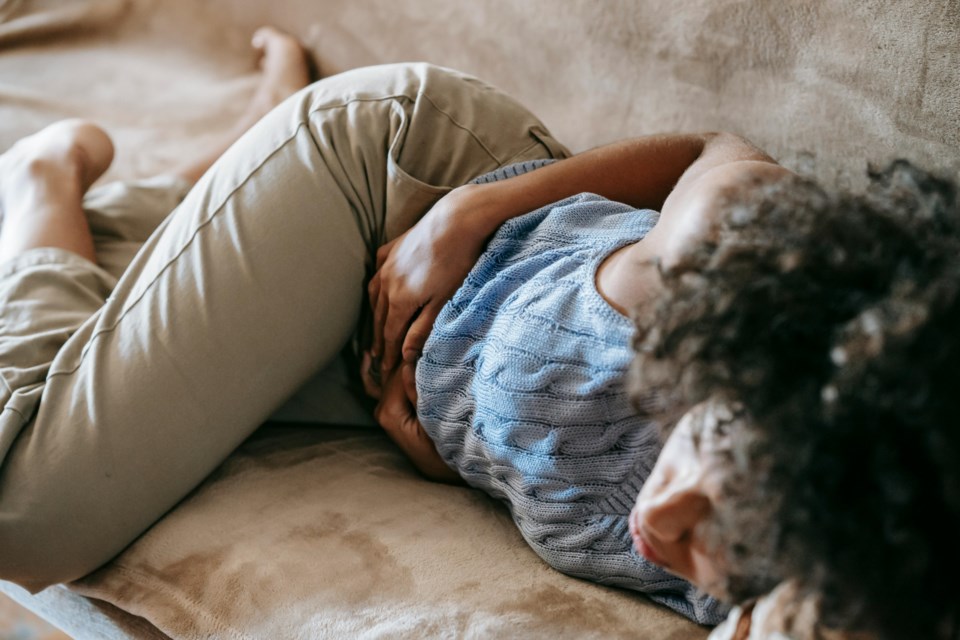Every winter, I watch many people suffer needlessly from what they call the 'stomach flu.' As an infectious disease specialist of nearly 40 years, I need to set the record straight about this widely misunderstood illness.
Norovirus is not the flu, which is a respiratory sickness caused by the influenza virus. Norovirus affects the large and small intestines, causing symptoms like vomiting, nausea and diarrhea, often worse than the usual stomach bug. Unlike the flu, which is transmitted through the air, norovirus spreads through contact with a sick person and contaminated food, water or surfaces. Norovirus is also different from classic food poisoning, which typically causes symptoms shortly after eating contaminated food and goes away quickly. It usually takes one to three days for a person with norovirus to feel sick.
The New York City Department of Health reported that 2,300 norovirus infections were diagnosed among city residents from October to December 2024, compared with 1,000 infections during the same period in 2023. While most people recover from norovirus within a few days, it can be more severe for those with underlying health conditions that weaken their immune system, especially older adults.
Just as with other viruses, antibiotics are ineffective against norovirus. It spreads easily because the virus can live for a long time on surfaces. The best way to protect yourself and others is regular hand washing with soap and water—hand sanitizer does not kill norovirus.
If you develop symptoms of norovirus, take note of your recent interactions. Do you live with anyone experiencing similar symptoms? Were you at an event like a family gathering or perhaps a cruise? These are common places where norovirus can spread quickly because the same people are together for extended periods. It also can spread where people live in close proximity, such as nursing homes. The answers to these questions will help medical professionals distinguish between norovirus and other sicknesses.
If you’re feeling sick, it’s vital to stay home from school or work, and clean frequently touched surfaces with bleach disinfectant to kill lingering norovirus particles. Norovirus symptoms can also cause dehydration, so it's essential to drink plenty of water and stay hydrated. Most people feel better after a few days, but you should seek medical attention if you have severe diarrhea, a high fever or if you’re unable to hold down any food or water.
Since norovirus usually clears up quickly, doctors don’t typically run tests if the patient is otherwise healthy—by the time the results come back, the patient is likely feeling better. However, testing becomes important when multiple people start experiencing similar symptoms after attending an event or going on a cruise. In those cases, it’s a good idea for patients to provide stool samples so the lab can check for illnesses like norovirus. Physicians should also alert the health department—they’d likely want to investigate why so many people at the same event got sick.
If you’re unsure whether you have the norovirus or need advice, I encourage you to speak with a primary care doctor who can diagnose and treat your symptoms. In most cases, there won’t be a need to see a specialist and your symptoms will clear up quickly.
Dr. Edward Chapnick, MD, is the executive vice chair of Medicine and chief infection prevention officer at Maimonides Health in Brooklyn.




